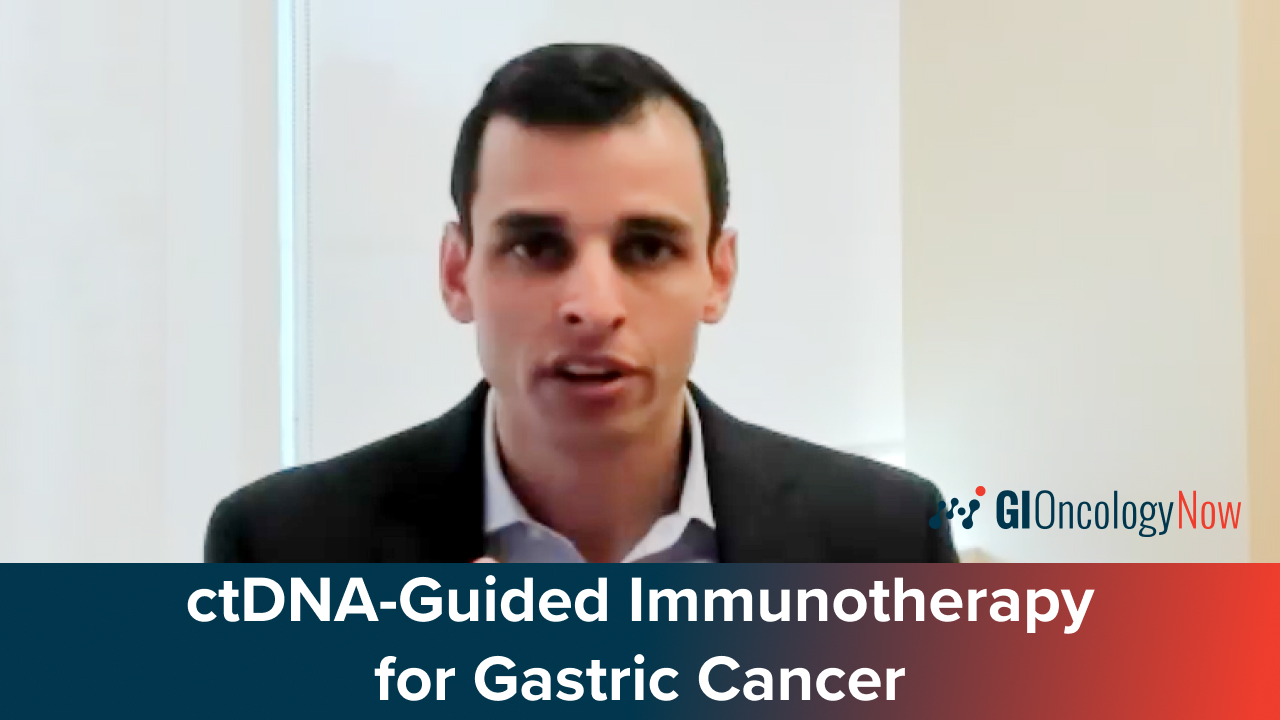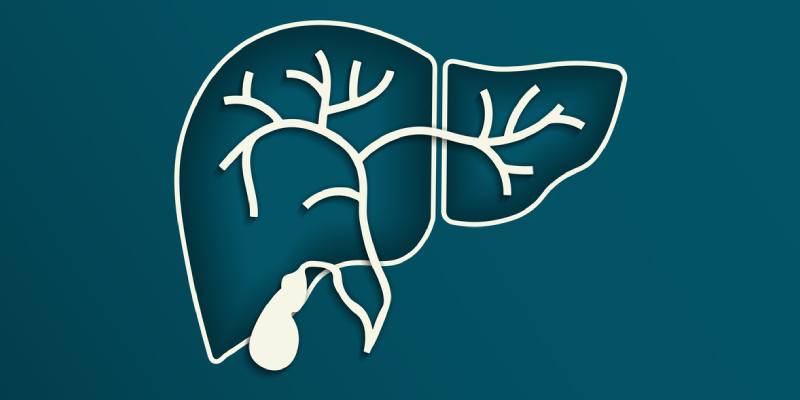
The U.S. Food and Drug Administration (FDA) approved the immunotherapy agent Keytruda® (pembrolizumab) as monotherapy for the treatment of recurrent locally advanced or metastatic squamous cell carcinoma of the esophagus (ESCC) in patients whose tumors express PD-L1 and have experienced disease progression after one or more prior lines of systemic therapy. The FDA also approved a new use for the PD-L1 IHC 22C3 pharmDx kit as a companion diagnostic device for selecting patients for this treatment.
Improved response, survival with pembrolizumab
The approval was based on results of two clinical trials: KEYNOTE‑181 and KEYNOTE‑180.
The randomized, open-label, active-controlled KEYNOTE-181 trial enrolled 628 patients with recurrent locally advanced or metastatic ESCC who progressed on or after one prior line of systemic treatment for advanced or metastatic disease. Patients were randomized 1:1 to receive pembrolizumab 200 mg intravenously (IV) every three weeks or investigator’s choice (control) of paclitaxel 80-100 mg/m2 IV on days one, eight, and 15 of every four‑week cycle; docetaxel 75 mg/m2 IV every three weeks; or irinotecan 180 mg/m2 IV every two weeks.
Merck's anti-PD-1 checkpoint inhibitor Keytruda (pembrolizumab) for the win! Approved by US FDA for 21 indications, it is most recently given the go as monotherapy for patients w/ recurrent locally advanced/metastatic esophageal squamous cell carcinoma. https://t.co/YFYH01dMaQ
— Mark Anthony S. Gregorio (@MarkGregorio_NP) August 1, 2019
The hazard ratio for overall survival (OS; primary endpoint) in patients with ESCC whose tumors expressed PD-L1 combined positive score (CPS) ≥10 was 0.64 (95% CI, 0.46-0.90). Median OS was 10.3 months (95% CI, 7.0-13.5) in the pembrolizumab cohort and 6.7 months (95% CI, 4.8-8.6) in the control arm. Treatment with pembrolizumab resulted in a 12-month OS of 43% compared with 20% for those treated with investigator’s choice.
The single-arm, open-label KEYNOTE‑180 trial enrolled 121 patients with locally advanced or metastatic ESCC who progressed on or after at least two prior systemic treatments for advanced disease.
In the 35 patients with ESCC who expressed PD-L1 CPS ≥10, the overall response rate was 20% (95% CI, 8-37) and response durations ranged from 4.2 to more than 25.1 months. Five patients) experienced responses of six or more months, and three patients (57%) experienced responses of 12 or more months.
Common adverse events associated with pembrolizumab include fatigue, musculoskeletal pain, decreased appetite, pruritus, diarrhea, nausea, rash, pyrexia, cough, dyspnea, constipation, pain, and abdominal pain.







 © 2025 Mashup Media, LLC, a Formedics Property. All Rights Reserved.
© 2025 Mashup Media, LLC, a Formedics Property. All Rights Reserved.